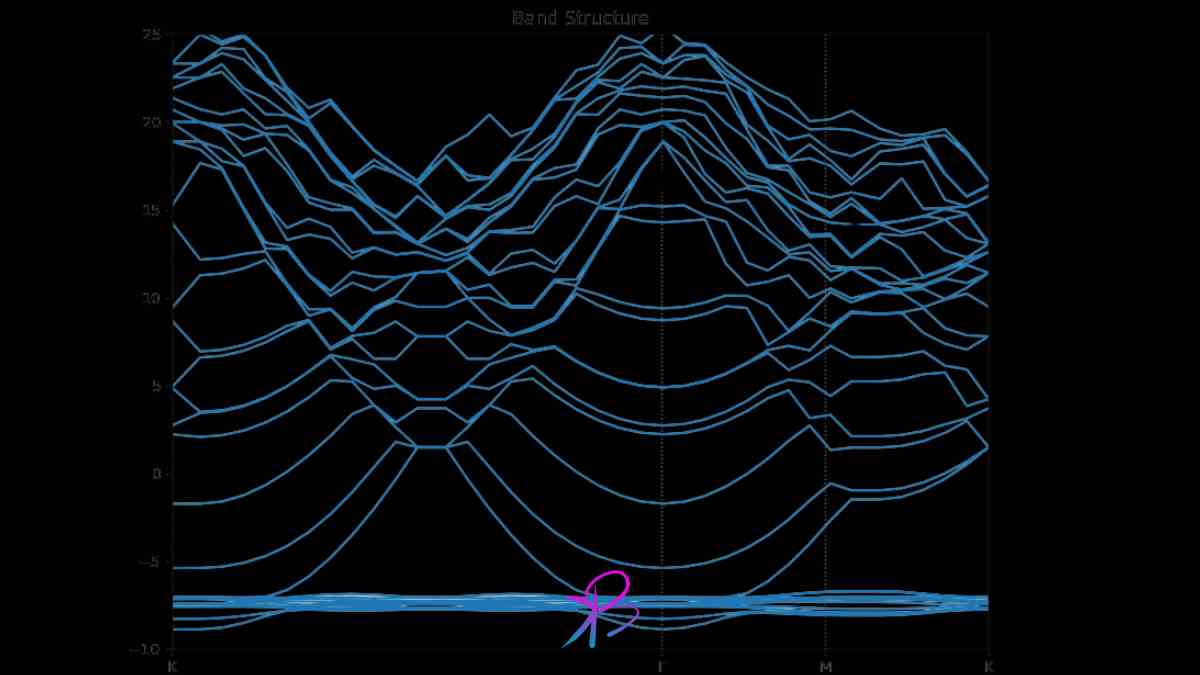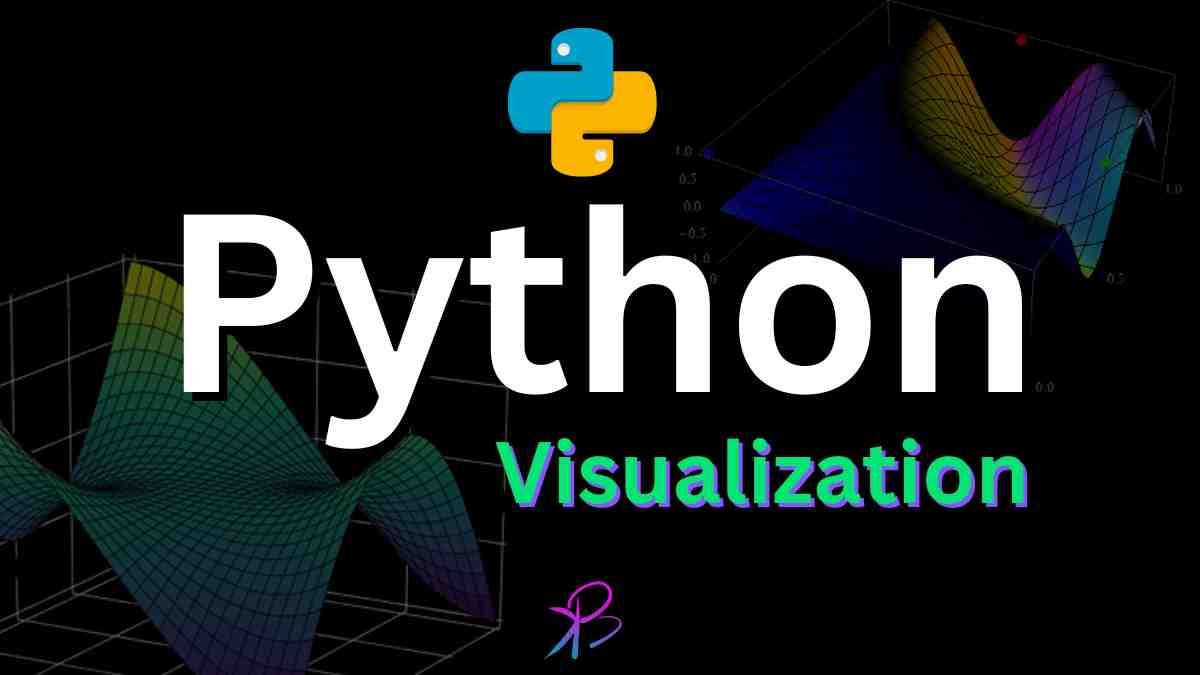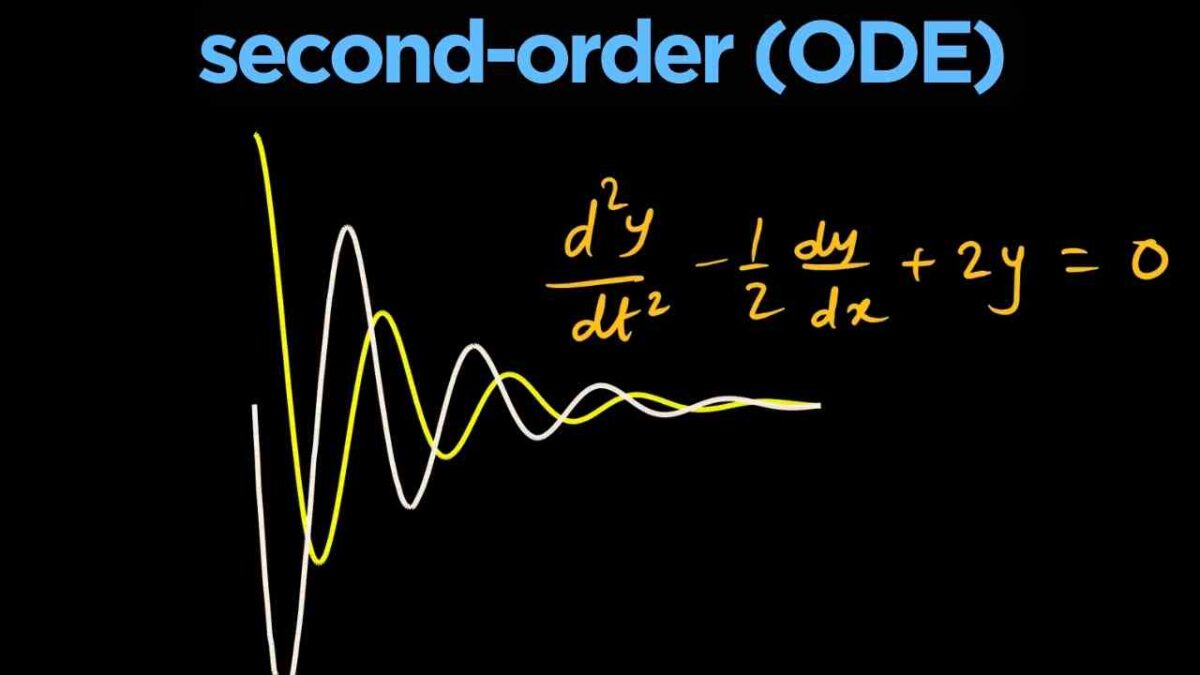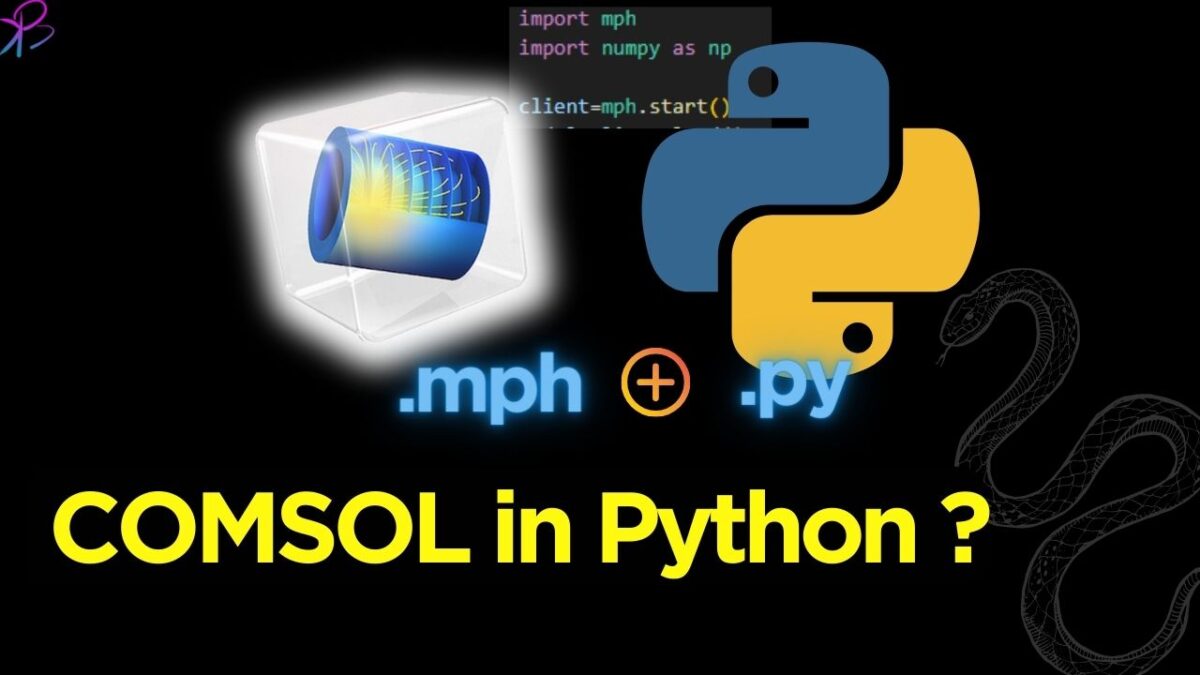Band Diagram in Python – Hey there! Ever wondered how the tiny components in your gadgets work so smoothly? It’s all about understanding the materials they’re made from, specifically how electrons move through these materials. That’s where band diagrams come into play. These diagrams are crucial for designing everything from your smartphone to solar panels. Today, we’re going to keep it simple with the nearly free electron model—a great starting point for beginners 😊.









